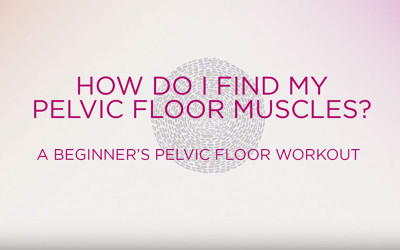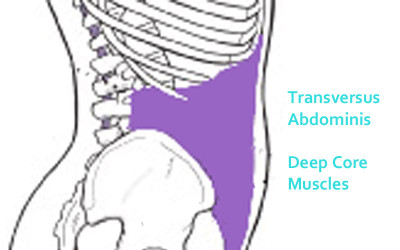If you have stress incontinence and are looking for solutions, surgery might be one of the options you consider. The most common surgical procedure in recent practice has been the surgical mesh. However, this solution seems to be wrought with complications and has even been banned from use in some countries, including the United States.
Transvaginal Mesh Recommendations are Confusing
For a summary timeline of the issues around transvaginal mesh for stress urinary incontinence, see What’s Next for Transvaginal Mesh at theBMJ.com. The author notes that the transvaginal mesh conversation has become very complex and confusing, with varying approaches and recommendations. But he says one thing is clear, which is that the effectiveness (or not) of the solution lacks evidence.
When deciding how to approach stress incontinence management or repair, taking a look at the evidence is a good place to start. If the decision is to go ahead with surgery, the surgical mesh is an easy day surgery relative to other more invasive surgeries. It’s still the largely recommended surgical solution, but what’s the trade-off, if any? What is the evidence that supports it’s long-term effectiveness? What’s the evidence of complications? What’s the evidence of long-term adverse effects? Though there may be immediate short-term results, will there be long term pain for short term gain? This is important information to discuss with your doctor or surgeon prior to the actual surgery.
Evidence of Success and/or Complications
Stress urinary incontinence treatments range from minimally invasive (example – exercises at home) to invasive (surgical repair). On the periphery of medical discussions or solutions are questionable natural remedies or new treatments that are currently being studied. In all cases, asking about the short term and long term impact might help make the decision about what’s right for you. Evidence of long term success or complications will factor in to the list of pros and cons that you make as you figure out whether to move forward with stress incontinence treatment. If there isn’t any long term evidence, your current physical health and emotional well being need to be weighed against potential unknown complications.
Related:
Pelvis Mesh – Safe Solution for Pelvic Health?
Urinary Incontinence Impacts Quality of Life
Sources:
Surgical interventions for women with stress urinary incontinence
What’s Next for Transvaginal Mesh










